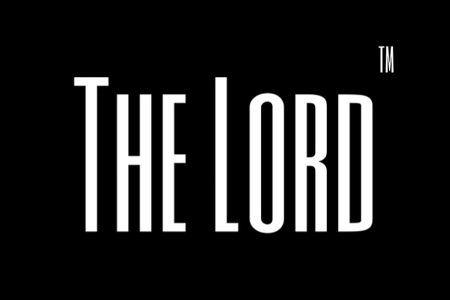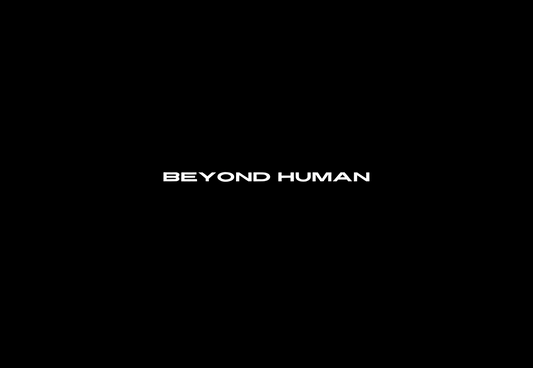Urban wear has transformed from the voice of underground subcultures into a global movement influencing mainstream fashion. No longer defined solely by hip-hop, skateboarding, or graffiti, it now blends bold self-expression with forward-thinking values. Today, the rise of ethical fashion is redefining how streetwear is created, consumed, and celebrated.
Urban Wear Meets Ethics: A Cultural Shift in Fashion
Streetwear enthusiasts and fashion-conscious consumers are now prioritizing sustainability, fair labor, and eco-friendly materials without compromising style. With the global streetwear market valued at $185 billion (Hypebeast’s Streetwear Impact Report), it’s clear that ethical fashion is no longer a niche trend, it’s the future.

The Rise of Ethical Streetwear: 5 Key Shifts in the Industry
1. Conscious Consumerism Takes Center Stage
The global streetwear market, valued at $185 billion, has seen a shift from fast fashion to mindful purchasing. Consumers are prioritizing transparency, sustainability, and fair labor demanding not just cool aesthetics, but ethical production behind every design.
2. Sustainable Materials Are the New Standard
Forward-thinking brands are adopting fabrics like organic cotton, hemp, and recycled textiles. These choices not only reduce carbon footprints but also help preserve natural resources, pushing urban clothing towards a cleaner future.
3. Fair Labor Is Becoming Non-Negotiable
With 93% of major brands failing to disclose full supply chain practices (as per Fashion Revolution), consumers are supporting labels that provide fair wages and safe working conditions. Brands like Noah NYC and Pangaia are setting a precedent for ethical manufacturing in fashion.
4. Second-Hand Markets Fuel Circular Fashion
Thrift platforms like Grailed, Depop, and StockX are normalizing resale culture. This gives high-end clothing a longer life cycle and reduces textile waste, making sustainability accessible to style-conscious buyers.
5. Tech Meets Style in Eco Innovation
Pangaia’s science-driven approach—using seaweed fibers, bio-based dyes, and biodegradable materials—proves that sustainability can be cutting-edge. Ethical fashion is no longer basic; it’s sophisticated, functional, and future-ready.

The Lord Brand’s Perspective
At The Lord, a limited edition clothing brand grounded in storytelling, the philosophy is simple, make bold, culturally relevant pieces without compromising ethics. Drawing influence from punk fashion style, The Lord creates statement garments that reflect rebellion, authenticity, and social awareness. With an eye on eco-conscious design and fair sourcing, the brand proves that urban wear doesn’t need to choose between integrity and edge.
The New Face of Urban Wear
The modern era of streetwear isn’t just about standing out, it's about standing for something. As the fashion world embraces ethics, brands that combine purpose with creativity will lead the next wave. Whether you’re repurposing pieces, buying second-hand, or supporting a punk fashion brand with a conscience, the message is clear: the future of fashion is sustainable, stylish, and self-aware


